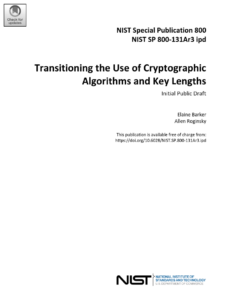 Aside from the upcoming Embedded Recipes conference in Nice on May 14-16, one of the most significant events for the open-source embedded community in Europe will be the Open Source Summit Europe. In particular, its key sub-conferences—the Embedded Linux Conference (ELC) and the Zephyr Developer Summit—will bring together experts, developers, and enthusiasts. This conference will take place on August 25-27, 2025, in Amsterdam.
Aside from the upcoming Embedded Recipes conference in Nice on May 14-16, one of the most significant events for the open-source embedded community in Europe will be the Open Source Summit Europe. In particular, its key sub-conferences—the Embedded Linux Conference (ELC) and the Zephyr Developer Summit—will bring together experts, developers, and enthusiasts. This conference will take place on August 25-27, 2025, in Amsterdam.
These events thrive on high-quality technical talks, making the selection of topics crucial. To shape a great program, the Call For Papers is open until April 14, 2025. If you’re working on an exciting project related to Embedded Linux or Zephyr, we strongly encourage you to submit a proposal! Keep in mind that this is an open-source conference, so commercial talks and sales pitches are not suitable—the focus is purely on technical content.
Presenting at the conference is an excellent opportunity to share your expertise with a global audience. All talks are recorded and made freely available online, ensuring that your contributions reach a wider community even beyond the event.
At Bootlin, we have a long history of engagement with the Embedded Linux Conference—our engineers have delivered numerous talks, and we have actively contributed to the program selection process. For 2025, Bootlin CEO Thomas Petazzoni is once again part of the Program Committee for the Embedded Linux Conference Europe, helping to curate an outstanding lineup of talks.
Don’t miss this opportunity—submit your talk and be part of the conversation shaping the future of embedded systems!
 This post is the fifth blog post in our series of blog posts about Zephyr. You can find the previous episodes below:
This post is the fifth blog post in our series of blog posts about Zephyr. You can find the previous episodes below:


 Linux 6.14 was
Linux 6.14 was 


